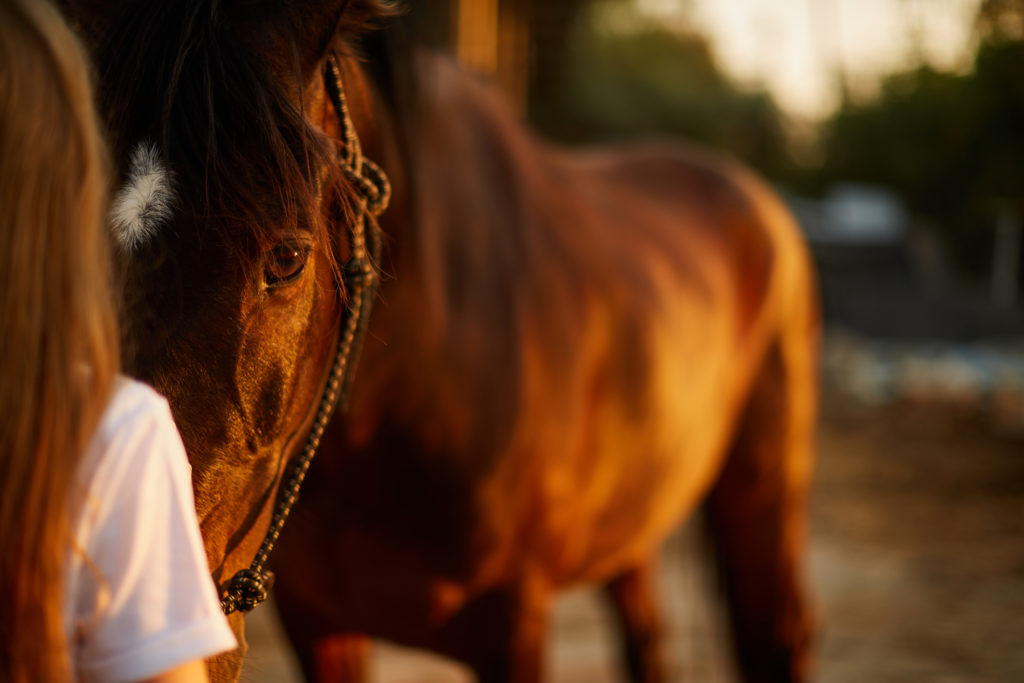
The Scary Thing About Rabies
Rabies infection can be insidious and vague, posing a threat to you, your horses, and your pets without you even realizing it.

Rabies infection can be insidious and vague, posing a threat to you, your horses, and your pets without you even realizing it.

Researchers found that about 40% of NSAID-treated horses in their study developed thickened intestinal walls, starting as early as the third day of treatment.

Researchers found extra body fat causes movement asymmetries and affects horses’ performance on a chemical level.

A survey found riders’ helmets are often too old, well exceeding their manufacturer-stated expiration dates.

Researchers found successful recovery from starvation improved with each full-point increase in condition on the nine-point body condition scale.

Researchers explored the bonds people have with their horses and how that affects care, ownership change, and end-of-life decisions.

Learn what we know about CBD’s efficacy and potential use in horses.

Three practitioners share advice on how to best care for your horses following a disaster.

The organization strongly recommends organizers cancel or suspend competition when the air quality index reaches 151 or above.

To support workforce development, a University of Connecticut team seeks to understand which practical skills and knowledge are most useful for nonveterinarians in the equine rehabilitation industry.

A recent study suggests composting might be a feasible and environmentally friendly way to manage carcasses of horses euthanized using sodium pentobarbital. Further investigation is needed, the researchers say.

He might seem perfect—but before you call him yours, determine if a horse is sound and serviceable for the job at hand and if you can live with his inevitable flaws.

Read about three real-life examples of equine athletes that made full recoveries from their injuries, including their diagnostic challenges, rehab modalities, and recovery details.

Here’s what to expect if your horse needs to undergo gastroscopy, the only surefire way to check for equine gastric ulcers.

We asked two experts how they approach laminitis and try to keep affected horses comfortable.

Learn how your horse’s internal thermostat works in extreme heat and ways to keep him cool.
Stay on top of the most recent Horse Health news with
"*" indicates required fields